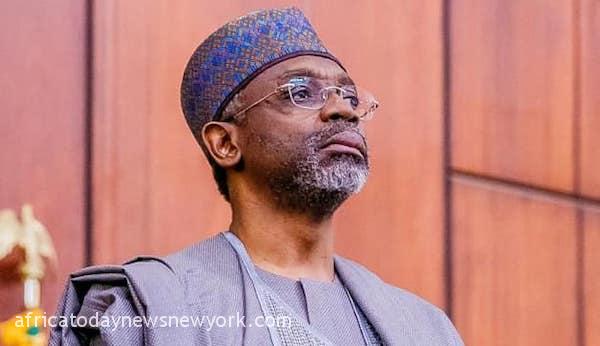The Speaker of the House of Representatives, Femi Gbajabiamila, has asserted that it is not workable to expect the Federal Government to fund political parties at this critical period of the country’s democratic advancement.
He pointed that out using the government’s money to run the parties is an indirect invitation for it to assume control of the political parties by dictating choices and policies that might be in conflict with the tenets of democracy.
Gbajabiamila, who postulated that the international best practice was for parties to be self-funded, added that using the government’s money would also lead to the proliferation of political parties.
He made the remarks on Wednesday while receiving a delegation of the Inter-Party Advisory Council (IPAC) at the National Assembly in Abuja.
The speaker stated that people would simply abuse the process by registering hundreds of political parties in the hope of cashing out on free government money.
‘I am not sure how many countries fund their political parties; we will have to do research and to be sure that it’s international best practice …Government is an interested party if it will be providing the funds,’ he was quoted as saying in a statement by his media aide, Lanre Lasisi.
Read Also: Strike: Gbajabiamila Writes ASUU, Calls For Meeting Tuesday
‘That will also mean they can compromise the system. There is also proliferation (of parties) that will become a problem if the government begins to fund the parties since there will be free money.’
Gbajabiamila, who also reacted to requests for fresh amendments to the Electoral Act 2022, said it was not advisable to do so a few months before the 2023 general elections.
He explained that making new amendments to the law during this period could disorganise election planning, create unnecessary tension in the polity, and raise credibility questions.
The Speaker said the safest route would be to further amend the Act after the elections if a need arose, or in the alternative, aggrieved persons could approach the judiciary to seek an interpretation of any contentious provisions.
He called for patience, urging parties to seize the opportunity of the upcoming polls to fully test the Act and determine the success of innovations, such as the electronic transmission of results, and the deployment of the BIVAS, among others.
Gbajabiamila added that upon a successful poll, other innovations such as electronic collation of results and diaspora voting could also be considered.
The IPAC delegation was led by the body’s national chairman, Yabagi Sani, who told the speaker the purpose of the visit was to seek synergy and a good working relationship between IPAC and the National Assembly.
